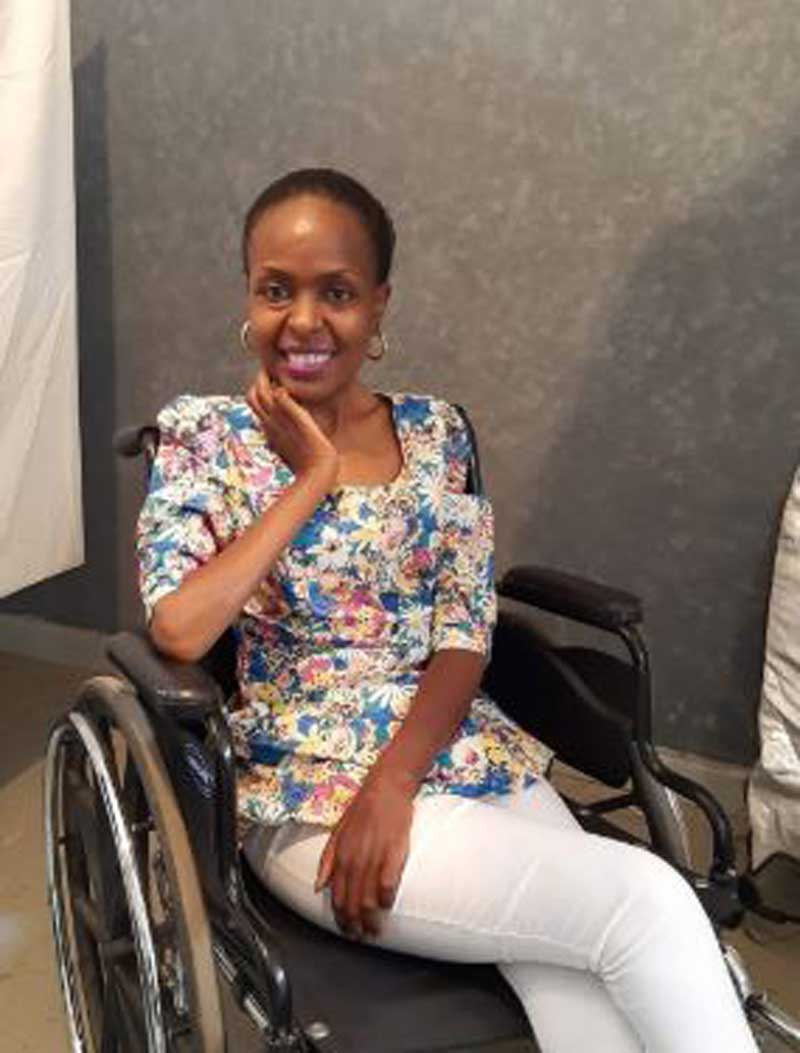
26 years ago, she was just like any other upwardly mobile woman in her 20s trying to make something of her life. Like many of her peers, she had a full-time job as a secretary in a law firm and a thriving side business. Then one morning Sylvia Nzambu woke up and she couldn’t walk quite right. There was something wrong with her right foot. She thought nothing much of it until the only way she could walk was by dragging her foot. Then came the constant tripping.
“People would make fun of me and think that I had been drinking too much. But I knew that wasn’t the case. My motion was progressively deteriorating,” says Sylvia.